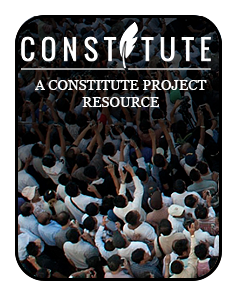Location
Rivalry between French and Italian interests in Tunisia culminated in a French invasion in 1881 and the creation of a protectorate. Agitation for independence in the decades following World War I was finally successful in convincing the French to recognize Tunisia as an independent state in 1956. The country's first president, Habib BOURGUIBA, established a strict one-party state. He dominated the country for 31 years, repressing Islamic fundamentalism and establishing rights for women unmatched by any other Arab nation. In November 1987, BOURGUIBA was removed from office and replaced by Zine el Abidine BEN ALI in a bloodless coup. Street protests that began in Tunis in December 2010 over high unemployment, corruption, widespread poverty, and high food prices escalated in January 2011, culminating in rioting that led to hundreds of deaths. On 14 January 2011, the same day BEN ALI dismissed the government, he fled the country, and by late January 2011, a "national unity government" was formed. Elections for the new Constituent Assembly were held in late October 2011, and in December, it elected human rights activist Moncef MARZOUKI as interim president. The Assembly began drafting a new constitution in February 2012 and, after several iterations and a months-long political crisis that stalled the transition, ratified the document in January 2014. Parliamentary and presidential elections for a permanent government were held at the end of 2014. Beji CAID ESSEBSI was elected as the first president under the country's new constitution. In 2016, the new unity government continued to seek to balance political cohesion with economic and social pressures.
Tunisia is a parliamentary republic.
Source: CIA World Factbook
Members:
Resources
Displaying 6 - 7 of 7Constitution of Tunisia 2014
The constitution was drafted by the National Constituent Assembly and signed by the President of the Republic , the Head of the Government and the President of the National Constituent Assembly.
Registration of titles to land and the cadastre in Tunisia : (submitted by the Government of Tunisia)
The Industrial Development Board at its fourth session-'recommended to the General Assembly the convening of a Special International Conference of UNIDO immediately after the fifth session of the Board. The General Assembly subsequently decided 8 June 1971 in Vienna.



